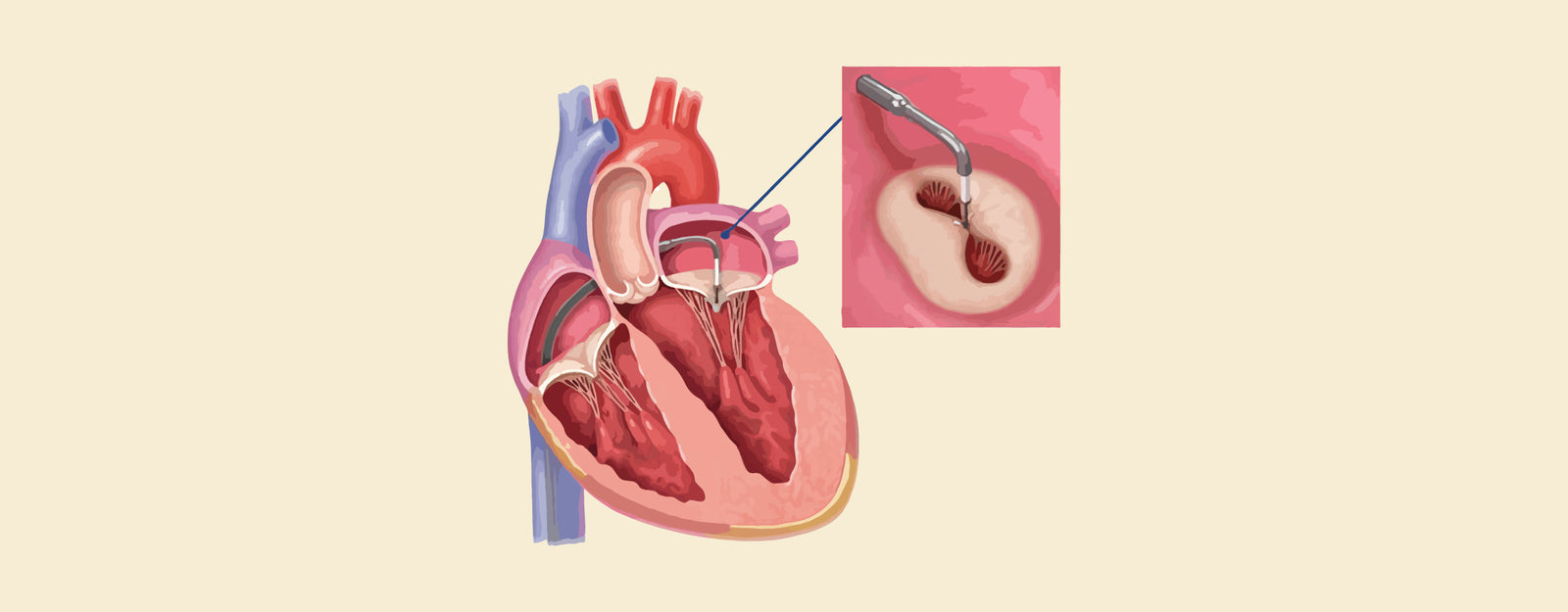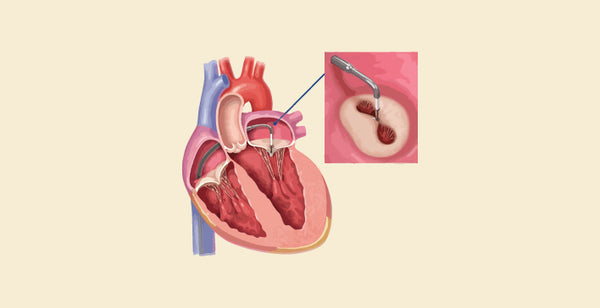Difference Between Pediatric and Pediatrician: The terms "Pediatric" and "Pediatrician" are related yet separate. "Pediatric" is used as an adjective to describe anything relating to the medical treatment of newborns, children, and young people. For example, you may go to a "pediatric hospital" or get "pediatric care." On the other hand, the term "pediatrician" refers to a medical practitioner who has received specific training to meet the unique health requirements of children from infancy to puberty. Pediatricians are experts in detecting and treating a wide range of juvenile ailments, from simple ear infections to severe chronic problems. They also play a significant role in preventative care by administering vaccines, monitoring growth and development, and providing advice on nutrition, safety, and other critical elements of child health.
Difference Between Pediatric and Pediatrician
Pediatrics is the area of medicine that focuses on the medical needs of newborns, children, and adolescents. A pediatrician is a medical doctor who focuses on giving treatment to children from infancy to adolescence. outlined below are the differences between pediatrics and pediatricians.
|
Aspect |
Pediatrics |
Pediatricians |
|
Scope |
Branch of medicine focused on children's health |
Medical professionals specializing in children's health |
|
Training |
Includes medical school and residency tailored to pediatric care |
Undergo extensive medical training specific to children's health |
|
Age Range |
Birth to adolescence (typically up to 18 years) |
Patients range from newborns to teenagers |
|
Subspecialties |
Encompasses various subspecialties like pediatric cardiology, oncology, etc. |
May specialize in one of the pediatric subspecialties |
|
Clinical Practice |
Involves diagnosing, treating, and preventing illnesses in children |
Direct patient care in hospitals, clinics, or private practices |
|
Advocacy |
Advocates for children's health at various levels |
Engages in advocacy efforts to promote children's health |
|
Research |
Field involves a broader range of scientific inquiry |
Some pediatricians may engage in research |
|
Responsibilities |
Educates parents, caregivers, and provides continuity of care |
Beyond clinical care, includes education and preventive measures |
|
Patient Relationships |
Develops long-term relationships with patients |
Emphasizes continuity of care from infancy to adolescence |
|
Emergency Care |
May provide emergency medical care in acute situations |
Involvement in emergency care for children |
Order the Best Jogger Scrub from Here!
What is a Pediatric?
Pediatrics is the branch of medicine concerned with the medical treatment of newborns, children, and adolescents. It covers all areas of a child's health, from physical growth and development to mental and emotional well-being. Pediatricians are medical specialists that specialize in this area.
Browse Best Scrubs Collection
Key Features of Pediatric:
- Pediatrics focuses on the healthcare requirements of newborns, children, and adolescents. This normally extends from birth to roughly 18 years old, while the precise age range varies based on healthcare procedures and individual development.
- Pediatric treatment takes into account the fast physical, mental, and emotional development that children experience. Addressing these evolving demands requires a different strategy than adult medicine.
- Pediatrics emphasizes preventative treatment, which includes vaccines, healthy development monitoring, accident prevention, and healthy habit teaching. Early diagnosis and treatment of such concerns is critical.
- Building trust and rapport with young children and their families is an essential part of pediatrics. discussion techniques must be tailored to different age groups to ensure understanding and promote open discussion about health problems.
What is a Pediatrician?
A pediatrician is a doctor who has received significant training in the diagnosis and treatment of kid diseases, injuries, and health issues. They offer preventative care through routine examinations, immunizations, and advice on healthy practices. Pediatricians also play an important part in a child's growth by monitoring milestones and resolving any concerns that parents may have.
Explore All Women's Scrub
Key Features of Pediatrician:
- Pediatricians are medical physicians who have undergone extra training in pediatric medicine. This training provides them with the information and abilities necessary to diagnose, treat, and manage children's health concerns.
- Pediatricians understand the typical path of juvenile development and can detect potential delays or problems. They can suggest relevant actions or therapy as necessary.
- Building trust with young children and their families is an essential component of a pediatrician's duty. This necessitates good communication skills, adaptability to varied ages, accurate explanations of medical facts, and successful resolution of parental concerns.
- Pediatricians frequently work with other healthcare providers, including nurses, specialists, and mental health experts, to provide complete treatment to their patients. They may also advocate for children's health in a broader sense, encouraging healthy settings and access to preventive care.
Shop Best Lab Coats from Here!
Similarities Between Pediatric and Pediatrician
- Pediatrics and doctors focus on the health and well-being of newborns, children, and adolescents.
- Both highlight the significance of preventative care, such as immunizations, well-child visits, and developmental milestone checks.
- Pediatrics and doctors both take into account the physical, emotional, and social aspects of a child's health while providing treatment.
- Both require strong collaboration with families and caregivers to guarantee the greatest potential results for children.
- Both pediatrics and pediatricians must maintain continual education and keep current on the newest breakthroughs in children's health and medicine.
- Both follow ethical norms when providing treatment, including patient autonomy, confidentiality, and informed consent.
- Both frequently work with other healthcare professionals, including pediatric nurses, specialists, therapists, and social workers, to offer complete treatment for children.
The meanings of "pediatric" and "pediatrician" are the same. "Pediatrics" is the branch of medicine concerned with the medical care of newborns, children, and adolescents. It derives from the Greek words "child" and "healer." A "pediatrician," or "paediatrician" depending on your location, is a medical practitioner who specializes in this field. So, "pediatric" represents the discipline of medicine, but "pediatrician" refers to the doctor who practices in that specialty.
| Check out More Articles | |
| Difference Between Cartilage And Bone | |
| Difference Between Endocrine And Exocrine Glands | |
| Difference Between Cell Wall And Cell Membrane | |















